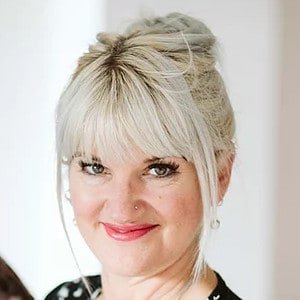Listen Compassionately

By Karen Forshaw
GP Doncaster (Yorkshire & the Humber)

By Chrisssie Mowbray
Chartered Physiotherapist (Yorkshire)
When we run our resilience courses, delegates often describe having their energy drained when they interact with patients.
We have all experienced this, but the question is, are patients taking our energy from us or are we giving it away?
We have talked before about practising compassion versus empathy.
Empathy being the state where we step into our patients shoes and aim to share their feelings. In an effect to understand what they are experiencing we project ourselves into their situation and think about how we would feel if we were them. In doing this we inadvertently give ourselves a dose of stress hormones as imagined events create fight – flight responses too.
Repeated doses of adrenaline and cortisol are bad for us.
Instead we advocate compassion, understanding the impact the situation has on our patients without feeling their pain, anxiety or fear. We can share our expert knowledge and help them make evidence-based health decisions without clouding the situation with our emotions.
But an emotionless doctor is just a robot we hear you cry.
The key is to make the distinction between whose emotions are at play, ours or theirs. Listening compassionately is all about focusing on what is happening for that patient, what they are thinking and feeling. Listening empathically can become about what we are thinking and feeling.
When we empathise and try to experience what our patients are feeling we are making assumptions. How can we know what is going on in another person’s head? When we practise compassion we must clarify how our patient is feeling. In doing this we disentangle the emotions.
Being compassionate is not about being emotionless. It is about recognising what is yours and what is theirs. How we are feeling and how they are feeling. When we do this we can choose not to engage in negative thoughts and feelings that trigger fight-flight responses.
www.resilientpractice.co.uk shares a large number of diverse tools and techniques to get you started. Click the button below.
How do we do this?
- The first step is to Observe what is going on in the consultation
- If you feel upset, don’t ignore it but question where that feeling is coming from
- Ask yourself if it is appropriate to feel upset at this moment
- Release any physical tension in your body and become present
- Breathe – deep belly breathing focuses us in the present moment and using the diaphragm stimulates the Relaxation Response and helps disperse cortisol
- Now clarify how your patient is feeling
- “This is a difficult situation. How are you?”
- You can follow this with “What do you need” .
- The answer to this question may surprise you.
- Sometimes people just need us to bear witness.
- They may need to vent about the injustice of the situation.
- They may need to talk about what may happen.
- They may ask for advice or even what you would do in their situation.
- They may need us to take action















For more insights into your own wellbeing visit our website www.resilientpractice.co.uk
Look out for our upcoming webinars with the RCGP which are
free for AiTs and College Members:
10
Ways to Boost Your Mental Health
Our book How
to Rise A Complete Resilience Manual is available from Amazon, Waterstones,
WHSmith and other major bookshops.
Get in touch with us as infor@resilientpractice.co.uk
